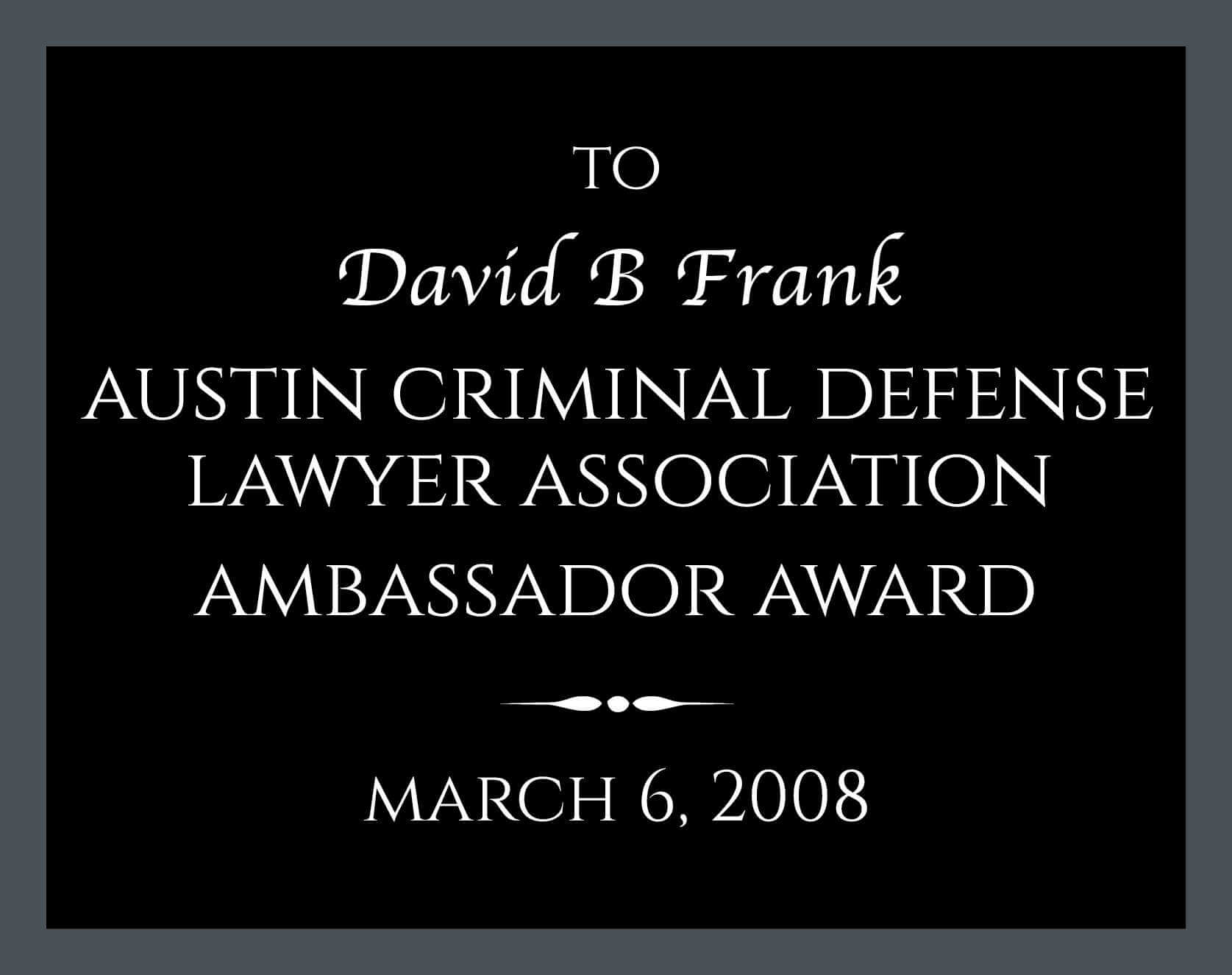How do lawyers in a criminal case know when to settle and when to go to trial? Prosecutors and defense counsel come to the table with opposing agendas. A negotiated plea agreement requires concessions from both sides. Prosecutors seek to obtain penalties to address illegal conduct that causes or threatens harm to the public for which state protection is appropriate. To this end prosecutors consider the deterrent influence of penalties, the rehabilitation of those convicted, and such punishment as may be necessary to prevent the likely recurrence of criminal behavior.
With respect to practical concerns, prosecutors are sensitive to the wishes of the electorate and the victims of crime. In assessing an appropriate penalty, the state is constrained by the Penal Code’s assignment of maximum punishments. Prosecutors look to the seriousness of the offense and of the harm to the public or the individual. One guiding principle is that penalties should be proportionate to the seriousness of the crime and should be dispensed uniformly from person to person so that individuals charged with the same crime under similar conditions are treated the same. Prosecutors also allow for pre-trial rehabilitation possibilities and acceptance of responsibility among individual offenders.
Meanwhile, defense counsel works to protect the client from condemnation as a criminal and limit the exercise of prosecutorial discretion when it comes to arbitrary and oppressive treatment. Throughout the negotiation process, defense counsel may raise meritorious defenses, argue the facts, appeal to the prosecutor’s sense of fair play, advocate that the plea bargain is no bargain, and remind the prosecutor of her duty to seek justice rather than convictions. However, of all the factors that prevail upon prosecutors in arriving at a fair plea agreement, none is more important than the prospect of facing a jury that might acquit or return a lesser sentence.
The courts play an important role. Courts are always striving to reduce their dockets and moving cases along is a constant challenge. These overcrowded dockets limit prosecutorial discretion. Every court can hear only a finite number of cases per year. Prosecutors in turn cannot try every case on the docket. This leads to a triage of sorts where prosecutors assign priority to cases that are tough to work out. The defense may reject an offer because it is unlikely the state can prove its case. Other times it might be because the punishment exceeds what a jury might reasonably be expected to do at sentencing.
From the defense perspective, when the charge is unsupported by the facts or the punishment goes beyond what is appropriate under the circumstances, a jury trial may be the only way to push back against the state. There are certainly times when setting a case for trial is the only means by which a defendant can receive probation. Regular probation is not a legal option in a plea agreement where the state seeks a “deadly weapon” finding. Neither are certain offenses listed under section 3g of article 42.12 of the Code of Criminal Procedure. In these cases, probation is not available from a judge and can only be recommended by a jury.
However, some offenses now make a defendant ineligible for jury recommended probation. For instance, a defendant is not eligible for jury recommended probation if he is convicted of Murder or intentionally or knowingly causing Injury to a Child. Probation is not available from a jury for a second drug offense in a drug free zone or first offenders convicted of certain drug offenses that are committed in a school zone which means:
in, on, or within 1,000 feet of premises owned, rented, or leased by a school, school board, the premises of a public or private youth center, a playground, or an institution of higher learning;
in, on, or within 300 feet of the premises of a public swimming pool or video arcade facility; or
on a school bus.
Nor is a defendant eligible for jury recommended probation if the victim of the offense was younger than 14 and the defendant is convicted of: Indecency by Contact; Sexual Assault; Aggravated Sexual Assault; or Aggravated Kidnapping if the offense was committed with the intent to abuse the victim sexually.


